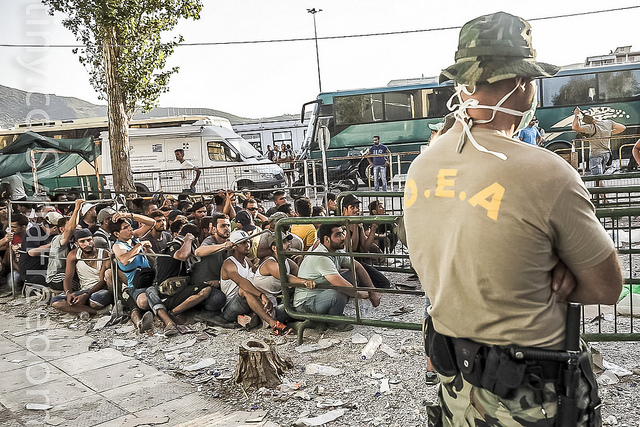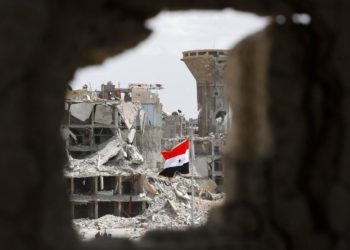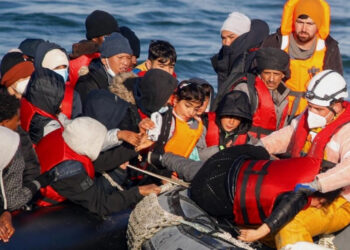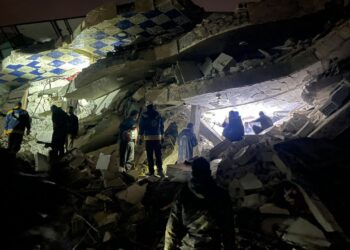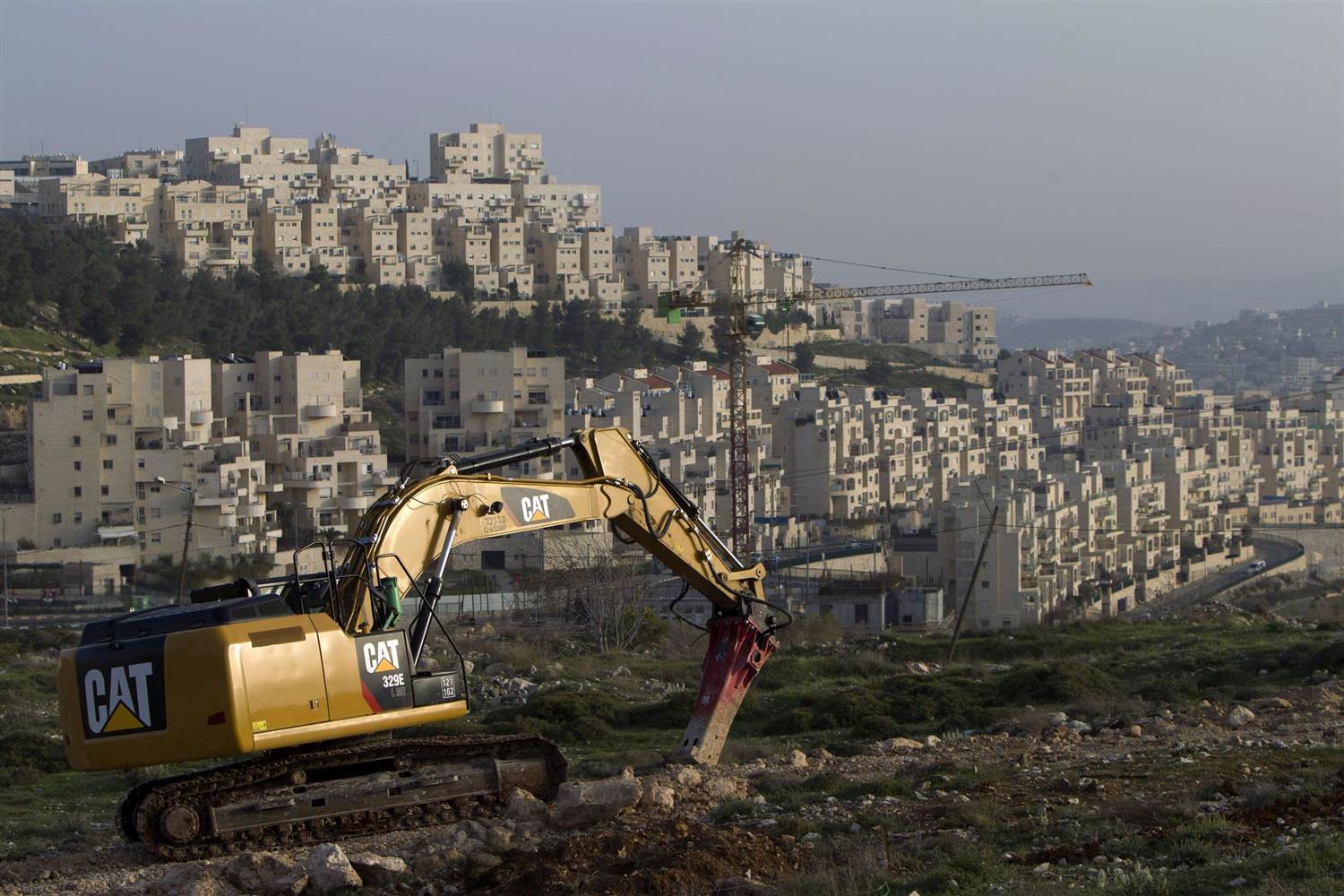A Syrian refugee in Lebanon set himself on fire Wednesday outside a U.N. office in protest of aid getting cut off to his family, suffering serious burns.
Refugee agency UNHCR and the World Food Programme told AFP that the man — named by family as 43-year-old father of four Ryad Khalaf Zibou — “set himself alight” at a U.N. compound in the northern city of Tripoli.
“This tragic incident underscores the pressures and difficulties facing many refugees, who are becoming increasingly vulnerable and who — in rare cases — resort to such desperate acts,” the agencies said in a joint statement.
“U.N. staff attended to the incident, provided first aid support and rushed him to the hospital where he is in a serious but stable condition.”
Doctor Gabriel al-Saba told AFP that Mr. Zibou suffered third-degree burns over around a third of his body and will require at least two months of treatment.
Mr. Zibou’s wife Nadia told AFP that the family, originally from the war-ravaged city of Aleppo, has been unable to support itself since U.N. aid they were receiving was cut off four months ago.
“We don’t have money to eat, our debts have accumulated. My husband wasn’t working, he spent most of his time looking for a job,” she said.
7 years into the Syria crisis
Syrian refugees in Lebanon need humanitarian aid more than ever.
More than 50% live in extreme poverty.
Over 75% live below the poverty line. https://t.co/rfs8ookBhw
— UNHCR, the UN Refugee Agency (@Refugees) January 9, 2018
Forced from their homeland by the brutal conflict that has torn Syrian apart, more than half of the roughly one million Syrians registered in Lebanon live in “extreme poverty”, according to the U.N.
The U.N. stopped supplying food and financial aid to some Syrian families several months ago to focus funds on the most deprived households.
More than 340,000 people have been killed and millions have been driven from their homes since Syria’s conflict erupted with anti-government protests in 2011.


